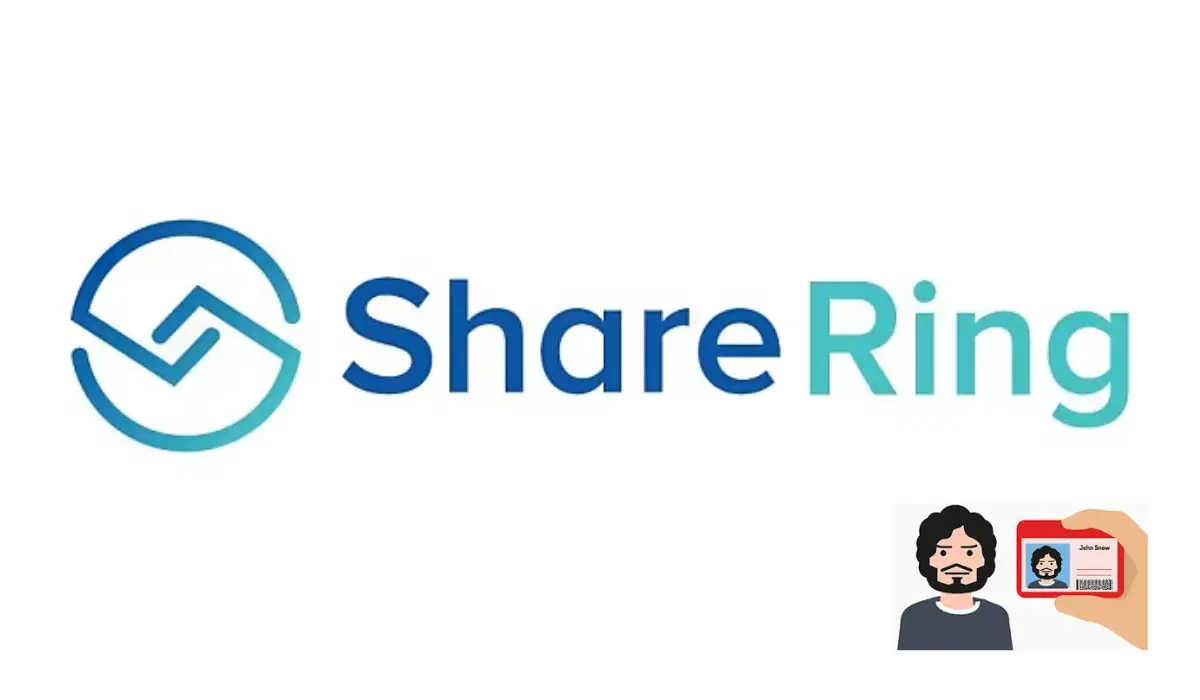Key Takeaways:
- ShareRing is collaborating with the Australian government to pilot a digital verification system, starting with the students in Darwin.
- The KYC will be based on ShareRing’s blockchain technology, allowing users to verify their identity without uploading sensitive documents.
- It allows pre-verified reusable digital IDs that have zero chances to manipulate, ensuring efficiency and security.
- With the new plans and implementations, the Australian government expects young users to minimize their social media addiction.
ShareRing, a decentralized protocol offering cutting-edge KYC solutions, will launch a pilot program with students in Darwin next week to trial its advanced age verification technology. This initiative is part of the Australian government’s broad plans to enforce strict restrictions on underage social media users.
Last November, the Australian regulatory authorities approved plans to ban social media for children under 16, with the platforms that didn’t comply getting fines up to 30 million dollars. ShareRing’s reusable digital ID technology is expected to ensure fair social media usage while protecting privacy.
Built on Cosmos SDK, ShareRing allows users to verify their identity only using cryptographic proofs, eliminating the need to upload personal documents. This reduces the exposure to identity theft and data breaches and keeps the control of data in the user’s authority itself.
ShareRing Provides Reusable Digital IDs That Eliminate Repetitive Verification Methods
Despite the passing of the under-16 ban, Australian regulators were unaware of how the prohibition would work. To determine what technology to employ, they researched blockchain technology and finally embraced it. With insights from the UK-based company Age Check Certification Scheme (ACCS) and various tests with trial participants, ShareRing was added to the plan.
Instead of submitting and verifying personal information every time a user interacts with the platforms, ShareRing eases the process by providing a pre-verified digital identity. The ID can be reused, simplifying and speeding up the KYC process. It also reduces the paperwork and enhances the overall efficiency.
Australian Government’s Age Verification Attracts Global Praise And Criticism
According to Anthony Albanese, the prime minister of the Albanese Government of Australia, the world’s biggest companies are trying to hook children during their vulnerable development stages, rewiring their brains on a previously unfathomable scale. The data reveals that depression among youth soared 150%, and mental health hospitalizations increased 81% due to prolonged social media exposure. The primary purpose of such a law is to counteract this decline by regulating the usage of platforms such as Snapchat, TikTok, Facebook, Instagram, and X.
Various experts opine that other countries and states will soon follow Australia’s example. At present, more than 50 organizations, including NIST, Yoti, and Incode Technologies, have signed up to participate in the trial run of Age Verification Technology. Kids can easily bypass the obvious self-imposed verification procedure implemented by popular platforms, so a verification technology such as ShareRing is inevitable. However, several netizens argue that restricting access to specific websites is contrary to freedom of speech and freedom of expression.
About ShareRing
Founded in 2017, ShareRing is an Australian-based web3 digital identity solution and a decentralized ecosystem. Its ShareRing ID enables users to manage and validate their personal information without any involvement of external parties in their personal data. It gives people complete control of their data and allows document verification by external parties such as governments without interfering with privacy.

